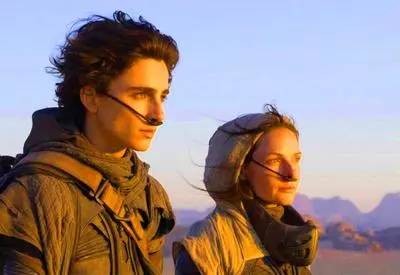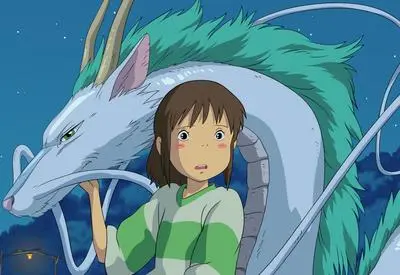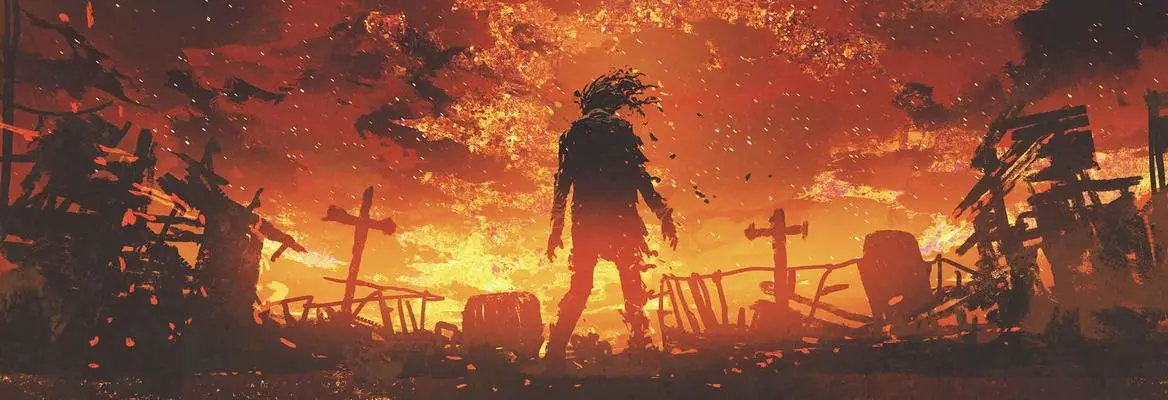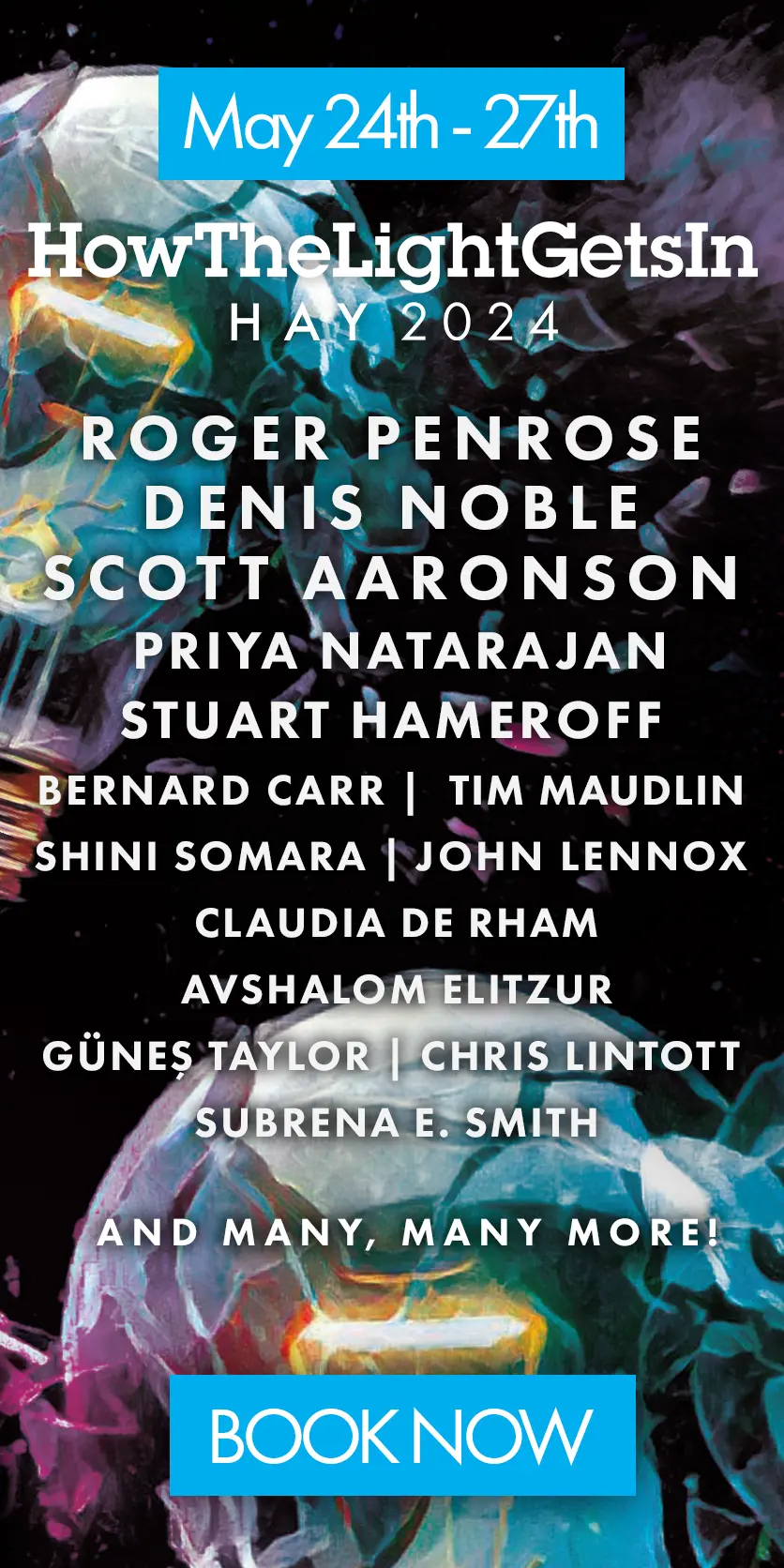The Last of Us is set in a dystopian apocalypse in which a brain controlling fungus has dominated the world. Such a world is reminiscent of the political idea of the State of Nature. However, the Last of Us is more overtly Hobbesian than that. The show's portrayal of political change, safety, state legitimacy and political violence elaborate the pessimistic politics of the eponymous 17th C philosopher, writes Matthew Festenstein. Warning: this article contains spoilers for the first season of The Last of Us.
The timber has been cut, the oil has run out, and the plantation soil no longer supports crops, in the devastated landscapes explored by the anthropologist Anna Lowenhaupt Tsing in her book The Mushroom at the End of the World. In this global state of capitalist precarity, “we don’t have choices other than looking for life in this ruin.” The vision of the fungal terminus in The Last of Us (LoU) is more terrifying but equally final. For viewers of the show, following the game, it provides a twenty-first century dystopia of societal collapse and the destruction of the modern state, reflecting deep-seated anxieties about pandemics, climate change, and authoritarianism. I want to suggest, though, that its politics are rooted in the seventeenth-century moment when the idea of the modern state first crystallises. In particular, LoU’s dystopia emulates the vision of a state of nature developed by the most powerful early modern writer on the state, the English philosopher Thomas Hobbes (1588-1679) and follows Hobbes in his suspicion of collective political action.
 SUGGESTED READING
Nietzsche, Dune and the power of religion
By Kevin S. Decker
SUGGESTED READING
Nietzsche, Dune and the power of religion
By Kevin S. Decker
LoU is set in a United States ravaged by a fungal pandemic that has transformed most of the population into zombies and destroyed the social infrastructure. A fascist military authority, FEDRA, controls some cities, opposed by rebel Fireflies, but beyond these zones, is open country, where individuals and groups try to survive as best they can. Joel, a middle-aged smuggler, must escort a teenager Ellie across this landscape. She seems uniquely immune to zombie bites, and their mission is to reach a Firefly medical team who may be able to use her as a cure. As well as the FEDRA-dominated cities, we are shown some different kinds of organisation: couples who are protected by dense fortification (Bill and Frank) or wilderness (Marlon and Florence), a communist haven, a religious cult, and a city that has overthrown FEDRA.
We live in a golden age of dystopian fiction, as the historian Jill Lepore has pointed out. Whether it is climate change, technology, pandemic, political authoritarianism, or other social transformations, there is no shortage of raw material for the dystopian imagination. Even very pessimistic dystopias such as We, Nineteen Eighty-Four, The Handmaid’s Tale, or The Wall allow us to entertain thoughts of resistance from authoritarianism – and in Young Adult versions such as The Hunger Games books, these are often central. LoU, however, belongs to another tradition, the family of dystopian narratives that most closely cleave to an imaginative device from early modern political philosophy, the state of nature. What would society look like without a state or political order? In particular, it belongs to the counter-revolutionary strand of this, most famously articulated by Hobbes, in Leviathan (1651) and other political writings.
___
LoU, however, belongs to another tradition, the family of dystopian narratives that most closely cleave to an imaginative device from early modern political philosophy, the state of nature
___
For Hobbes, the state of nature is a condition of permanent emergency, a moral black hole in which you are entitled to do whatever it takes to survive and in which you are vividly aware that others have the same entitlement. This makes meeting a stranger a terrifying risk. The natural condition of mankind is, famously, not only miserably deprived but a state of war:
“In such condition, there is no place for Industry; because the fruit thereof is uncertain: and consequently no Culture of the Earth; no Navigation, or use of the commodities that may be imported by Sea; no commodious Building; no Instruments of moving, and removing such things are require much force; no Knowledge of the face of the Earth; no account of Time; no Arts; no Letters; no Society; and which is worst of all, continuall fear, and danger of violent death. And the life of man, solitary, poore, nasty, brutish, and short.”
This state of nature story tells us why we would, or should, consent to political order. It is to escape this disorder, which he saw concretely embodied in civil war, that we should embrace the order provided by the sovereign. Hobbes’s was and remains a contentious account, not only because of its seemingly gloomy picture of human nature but because of its disenchanted vision of political authority. We should obey the state because it protects us from the state of nature, not because it is divinely ordained, the special expression of our national identity, or morally exemplary. The state is just a device to help us manage inescapable human plurality and disagreement. At the forefront of Hobbes’s imagination were the civil wars that had wracked the British Isles, and led to the execution of Charles I, the establishment of Oliver Cromwell’s republic, and ultimately the restoration of the monarchy. As contemporaries were quick to register, it’s an account of authority that can be used by either royalist or parliamentarian to support their cause and was accordingly treated suspiciously by both sides. What crucially matters for Hobbes is that you don’t try to act politically to constrain or overthrow an established authority, since that will pitch you into the state of nature, and attempts to do so are products of feverish ideological fantasy. LoU recasts much of the Hobbesian state of nature as a post-apocalyptic dystopia and accompanies it with Hobbes’s political scepticism.
One way in which LoU’s dystopia tracks Hobbes’s state of nature is in its vision of the disorder that follows state collapse. Constant vigilance, fear of strangers, grinding poverty, political violence and abusive religious self-righteousness are all features of the LoU landscape that Hobbes would have instantly recognised. In LoU’s state of nature, the trustworthiness of strangers is rare and fragile. In one of its most acclaimed episodes, the survivalist Bill opts not to kill or turn Frank away, who has been caught in one of his traps and falls in love with him. Throughout their lives together, the two bicker amicably about people’s trustworthiness. But the story leaves us in no doubt that a condition of their happiness together – what Hobbes calls commodious living – is the effectiveness of the defences on their fortified compound.
There are other features shared by the Hobbesian state of nature and the dystopian landscape of LoU. While Hobbes’s vision of the state of nature is speculative, he says that a reader could get an idea of the state of nature from contemporary America. (Thirty years after Hobbes, John Locke, offering his rather less brutal conception of the state of nature, tells us that “In the beginning, all the world was America”.) This of course is the vision of America as a political blank slate, ready to receive the alleged benefits of settler colonization – and its great cinematic artform, the Western and LoU features horse-riding, frontier outposts, sleeping under the stars, mysterious strangers and much else from the genre. Like many Western heroes, Joel (think of Gary Cooper in Man of the West or Clint Eastwood in Unforgiven) has a past he wants to redeem but whose skills he has to use to survive and protect Ellie.
___
Meeting a stranger is a terrifying risk. The natural condition of mankind is, famously, not only miserably deprived but a state of war
___
LoU also shares Hobbes’ scepticism about collective political action that challenges political authority. The revolution in Kansas City which overthrows FEDRA pays the price for overthrowing established order, as it turns out that it had been keeping a lid, literally, on an underground zombie horde. Even before the new regime is wiped out, though, it has speedily degenerated from a popular festival into a spiral of petty authoritarianism and personal revenge. Their leaders’ brutalisation at the hands of FEDRA meant that they couldn’t help it, a sympathetically portrayed FEDRA collaborator explains. Henry betrayed Michael, the Christ-like revolutionary leader, who is succeeded by his sister Kathleen. While everyone agrees on Michael’s qualities of forgiveness and understanding, his actual role in the story is to trigger Kathleen’s quest for vengeance and the collapse of the revolution.
As in most zombie fictions, lurking behind the particular experiences of friendship or hostility is an overwhelming terror of an inarticulate and voracious horde. One of the unusual features of the zombies in LoU is their exceptional capacity for collective action of a sort: they are linked in networks so that harming one rouses a horde. Networked, fast-moving and relentless, it’s hard not to see zombies as a figure for online mobs. But they also belong to an older tradition of what Hobbes calls “multitudes”, seized by a mad desire to destroy their friends and protectors.
We can see this Hobbesian perspective at work in what looks like the most anti-Hobbesian theme in the story, the messianic role afforded to Ellie. On the face of it, the story endorses the Fireflies’ view that Ellie, or at least her excised brain, can save humanity. When Joel decides instead to save her – in the process wiping out yet another hapless band of would-be revolutionaries – we may think of this as love overcoming civic duty.
 SUGGESTED READING
Spirited Away With Heidegger
By Edward McDougall
SUGGESTED READING
Spirited Away With Heidegger
By Edward McDougall
There is another way of seeing this ending, though, in keeping with the show’s Hobbesian thesis. While we are repeatedly told by Marlene, the leader of the Fireflies, that Ellie has the potential to save the world, it’s not clear whether this is something we should trust. After all, we are shown a medical staff of only three people, who seem to work based on some pretty hasty scientific inferences, and who have only a devastated research and clinical infrastructure. The Hobbesian logic of LoU tells us to be sceptical about the Fireflies’ claims. People who believe that they personally possess or know the secret for salvation are dangerously self-righteous, from this perspective (like David, the religious leader who turns out to promote cannibalism). The wild hope that there is a magic bullet for political disorder that works with all the efficacy of the penicillin that treats Joel completely upends Hobbes’s account since it suggests that nature provides its solutions, in the form here of Ellie’s immunity. When Joel saves Ellie from the Fireflies, then, he reasserts the Hobbesian view and destroys Marlene’s fantasy that nature itself provides the resources to transcend disorder.
So is LoU pro-FEDRA, from this Hobbesian perspective? After all, it represents an established authority. No. Kansas City FEDRA collapses and Boston FEDRA is seen as killing uninfected and itself unstable, corrupt and riven by revolutionary violence, perhaps on the way to end up like Kansas City. For Hobbes, authorities that pose a similar risk to you as the state of nature itself – whether because they are going to kill you or because they are collapsing – don’t carry much legitimacy. By contrast, of course, the walled Wyoming encampment to which they pursue Tommy is presented as providing a successful vision of collective life. Organised along communist lines and with limitless resources, at least for the narrative (Joel and Ellie are immediately housed and given whatever they ask for), it is located in a famous tourist destination. The narrative couldn’t be clearer that this is a holiday in the ruins: it's a utopia within a dystopia, and, like all utopias, glosses over the distrust and disagreements that generate the need for the state to begin with.
___
Even before the new regime is wiped out, though, it has speedily degenerated from a popular festival into a spiral of petty authoritarianism and personal revenge
___
The pessimism in LoU’s dystopia lies not, or not only, in its landscape of a globally warmed pandemic but its stark vision of the political options in such a world and the deep scepticism about the politics of change. Where this matters politically is the extent to which, like Hobbes’s state of nature, this is a speculative fiction that both expresses and informs the cultural imagination of our current predicament. Hobbes wants to pull the rug out from under ideas of collective political agency and to instil a fear of it through the image of the state of nature. It is part of the power of LoU that it articulates this Hobbesian worry. It is difficult, however, to imagine confronting and addressing the social anxieties that underlie dystopian fiction such as LoU, such as Tsing’s landscapes wrecked by capitalism, without having some trust in the possibility of successfully acting together to change things.



















Join the conversation